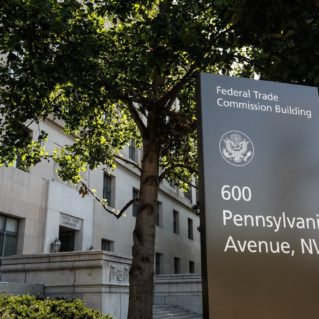The Direct Selling Association (DSA) released an official statement following an announcement by the Federal Trade Commission (FTC) and the state of Arkansas that accuses Blessing Loom of being a pyramid scheme. In its statement, the DSA said the situation “highlights the value of and need for strong anti-pyramid laws and enforcement.”
The anti-pyramid statute relied upon by the state of Arkansas in this complaint against Blessing Loom was passed in 2019 and supported by the DSA. Clearly defined statutes which distinguish between pyramid schemes and legitimate direct selling companies were “a vital tool for law enforcement,” according to the statement, and “demonstrated the importance of truthful income and earnings claims in the marketplace.”
“The Direct Selling Association remains committed to working with state legislatures and Attorney Generals on anti-pyramid consumer protection legislation, which is now law in 27 states,” said DSA President Joseph N. Mariano. “Pyramid schemes prey on participants, promise rewards for the mere recruitment of other participants without regard to real product sales to actual consumers, and misrepresent potential earnings. DSA wholeheartedly supports prosecution of entities which violate these laws. Legitimate direct selling companies compensate salespeople for real sales to real users and don’t overpromise. DSA works to protect consumers from misrepresentations and deceptive practices through its own DSA Code of Ethics and third-party regulatory organizations like the Direct Selling Self-Regulatory Council of the BBB National Programs.”


